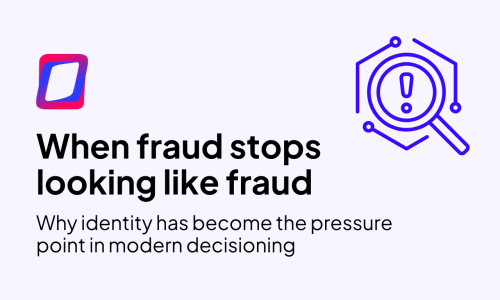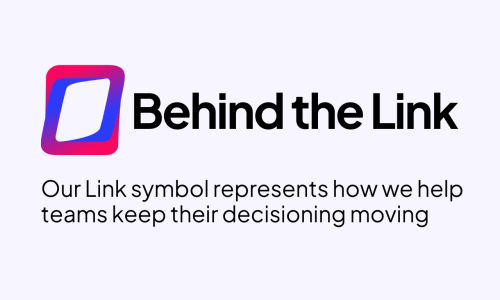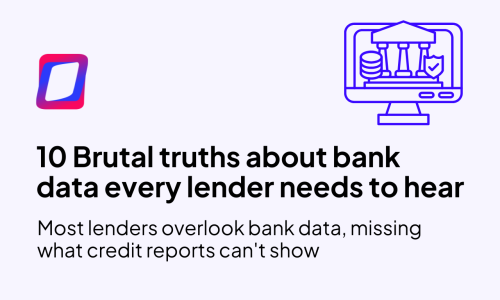Resources
Welcome to GDS Link Blogs
Stay Linked Up with the latest developments in credit risk, decisioning and lending content. Keep on top of trends within the Fintech, Banking and Credit Unions industries.
 blog
blog
GDS Link Launches Latest Release of Its Integrated Decisioning & Analytics Platform to Give Lenders Unparalleled Speed, Agility and Precision
 blog
blog















